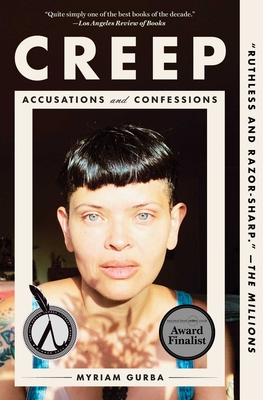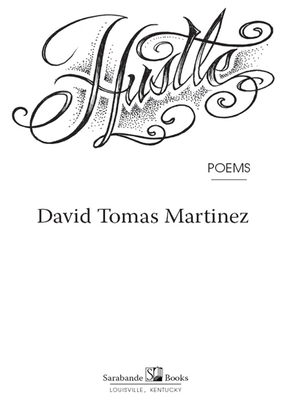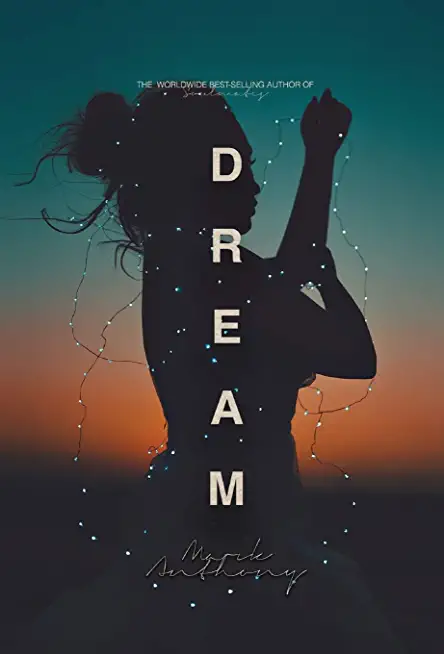
description
hood, her Ecuadorian grandmother Lala (half bruja, half santa) strictly circumscribed the girl's present and future: become beautiful but know precisely when to use it; rationalize in English but love in God's first language, the superior Spanish; and if you must write, Dios help you, at least make a subject of me. Champagne's betrayal of these confounding dictates began before they were even spoken, and she soon started both writing and hiding the truth about whom she was becoming. The hilarious, heartbreaking essays in this collection trace the evolutions of this girlhood of competing languages, ethnicities, aesthetics, politics, and class constraints against the backdrop of a boozy New Orleans upbringing. In these essays, Champagne and members of her family love poorly and hate well, whip and get whipped, pray and curse in two languages, steal from The Man and give to themselves, kiss where it hurts, poke where it hurts worse, and keep and spill each other's secrets--first face-to-face, then on the page. They believe and doubt and reckon with the stories they tell about themselves and where they come from, finally becoming most human, most alive, in their connections to one another.
member goods
No member items were found under this heading.
Return Policy
All sales are final
Shipping
No special shipping considerations available.
Shipping fees determined at checkout.







